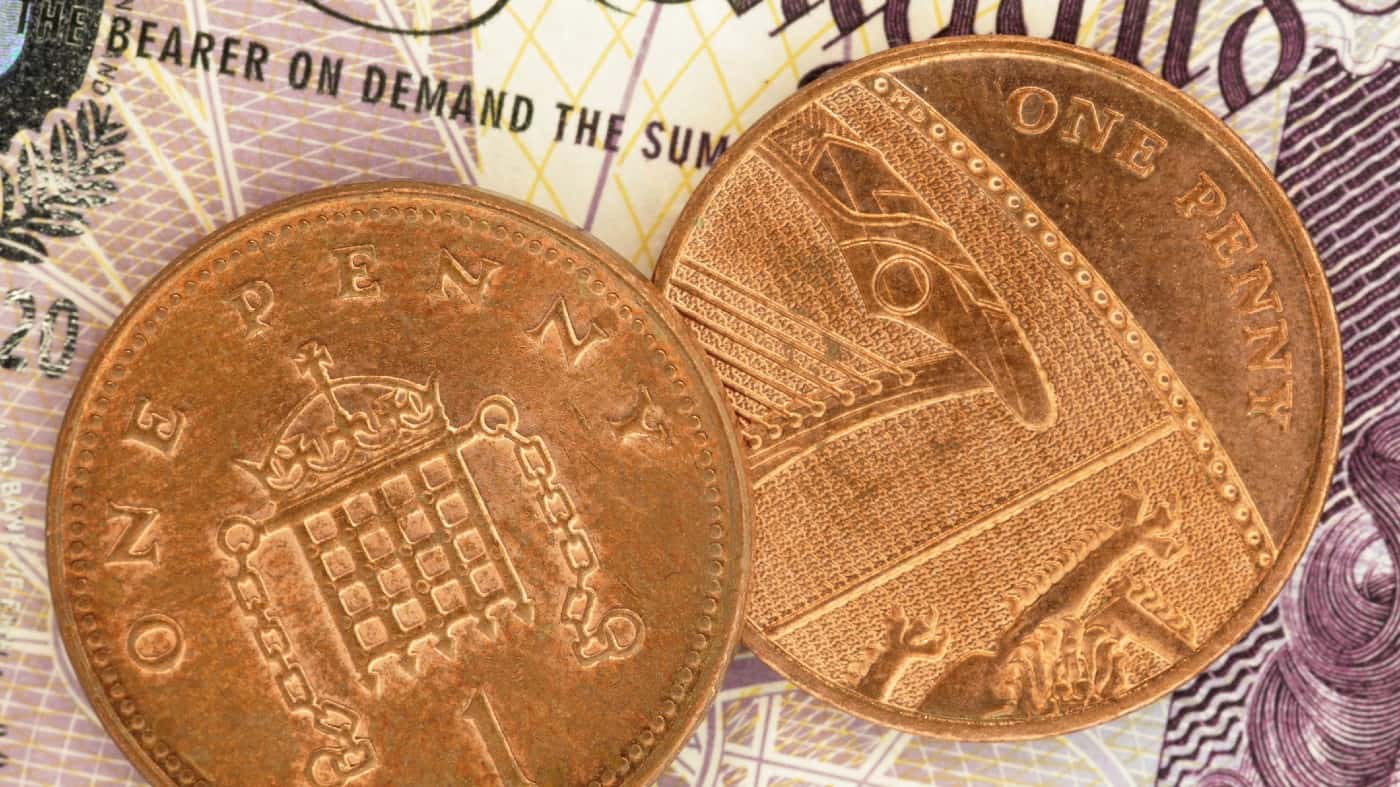At the end of September, the Cineworld (LSE: CINE) share price jumped when the latest James Bond instalment broke box office records.
As I have noted before, this appears to have marked a change in consumers’ attitudes. Analysts have speculated that consumers would not want to return to cinemas after the pandemic and would instead favour streaming services.
The success of James Bond shows that there is still a market for these blockbuster releases.
Unfortunately, since this bounce, the Cineworld share price has been under pressure. After jumping to a high of around 82p, the stock has since fallen back to about 61p. It seems as if investors have cooled on the stock as calls for yet more coronavirus restrictions have started to grow.
What’s more, even after the success of James Bond in theatres, in the middle of October, Disney delayed the release of Marvel Studios’ sequels to Black Panther, Thor and Doctor Strange by several months and pushed the next big-screen outing for adventurer Indiana Jones to 2023.
Cineworld share price headwinds
This is a disappointing development for Cineworld. These blockbuster releases could have generated substantial buzz for the group. Now it looks as if the company will have to wait a few years to benefit from the pull of new Disney films.
Further coronavirus restrictions may lead to more cancellations, and this would only pile the pressure on Cineworld. The company is already fighting to stay above water. While James Bond brought it some breathing space, it needs consumers to return to its theatres in large numbers.
Considering all of the above, I think there is a strong chance the Cineworld share price will continue to decline in November.
However, I also think that investor sentiment towards the business is currently so depressed, even the slimmest bit of good news will help improve the company’s outlook. For example, if there are no further coronavirus restrictions, I think that could have a significant impact on the company’s outlook.
If the company can make it through this winter, it could return to growth in 2020. Analysts have pencilled in potential sales of just under $4bn across the business next year. They are also projecting a profit of $4m.
The outlook
If Cineworld stops losing money, I think the company’s outlook will improve significantly. It may also be able to achieve improved terms with its creditors, lowering debt costs and potential financial penalties.
As uncertainty prevails, I think the Cineworld share price will continue to slide in November. Although as it is impossible to predict the future, this is not guaranteed.
Still, I would buy the stock for its growth potential in 2022 and beyond. As the global economy reopens, I think the group can capitalise on consumers’ pandemic savings. Initiatives, such as a US listing and refreshing the decor of its theatres, may also entice consumers back.






